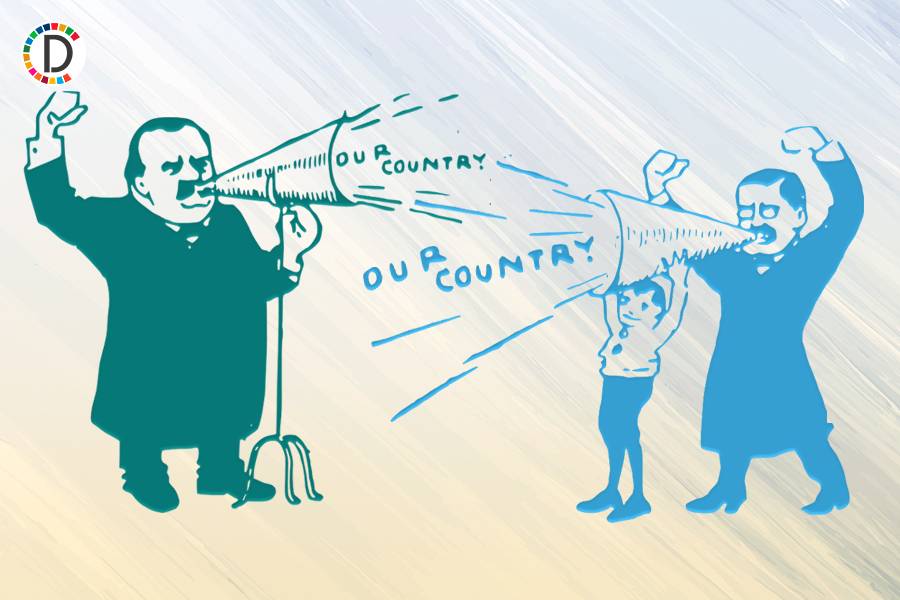Massachusetts governor seeks pardons for marijuana possession offenses
The Massachusetts pardons would fulfill a campaign promise Healey made when seeking election in 2022 and are, according to her office, the most comprehensive action a governor has taken since Biden, a fellow Democrat, called on them to issue marijuana pardons. "Nobody should face barriers to getting a job, housing or an education because of an old misdemeanor marijuana conviction that they would not be charged for today," Healey said in a statement.

Massachusetts Governor Maura Healey on Wednesday announced she was seeking to pardon hundreds of thousands of people convicted of misdemeanor marijuana possession in the years before the state legalized cannabis in 2016.
The Democrat's action followed President Joe Biden's earlier moves to pardon thousands of people convicted of marijuana possession offenses under federal law and in Washington, D.C., a step he urged governors to follow for state offenses. The Massachusetts pardons would fulfill a campaign promise Healey made when seeking election in 2022 and are, according to her office, the most comprehensive action a governor has taken since Biden, a fellow Democrat, called on them to issue marijuana pardons.
"Nobody should face barriers to getting a job, housing or an education because of an old misdemeanor marijuana conviction that they would not be charged for today," Healey said in a statement. The blanket pardon would apply to all past adult state court misdemeanor convictions for possession of marijuana. The pardon is subject to approval by the Massachusetts Governor's Council, an elected body that provides advice and consent on pardons.
Biden in October 2022 pardoned many people convicted of simple marijuana possession under federal and D.C. law. He issued another proclamation in December that expanded that relief by adding to the list of pardoned offenses. In his State of the Union address to Congress last week, Biden cited those pardons in saying "no one should be jailed for using or possessing marijuana," and he has directed his administration to review federal restrictions on marijuana.
Nearly 40 U.S. states have legalized marijuana use in some form, but it remains completely illegal in some states and at the federal level. Massachusetts voters legalized marijuana for recreational use in 2016. Massachusetts Attorney General Andrea Joy Campbell, a Democrat, in a statement said the pardons would help rectify historic racial disparities that have "led to the disproportionate incarceration of Black and brown people and made it nearly impossible for them to obtain a job, housing, educational opportunities and more."
Governors in others states including Colorado, Illinois, Nevada, North Dakota, Pennsylvania, Washington and Wisconsin have since 2018 taken actions to pardon marijuana-related offenses. Unlike many of those pardon actions, the Massachusetts one does not require those convicted of marijuana offenses to apply to obtain relief and does not require it to be a person's only offense, a spokesperson for Healey said.
(This story has not been edited by Devdiscourse staff and is auto-generated from a syndicated feed.)
ALSO READ
Battleground Pennsylvania: Trump holds rally, Biden plans tax speech as rematch heats up
Trump to host rally on Biden's home turf in northeast Pennsylvania, the last before his trial begins
Trump, in Pennsylvania, attacks judge as first criminal trial looms
Lockdown lifted at Grand Forks Air Force Base in North Dakota following isolated incident
Biden targets wealthy in Pennsylvania tour with a hometown visit










